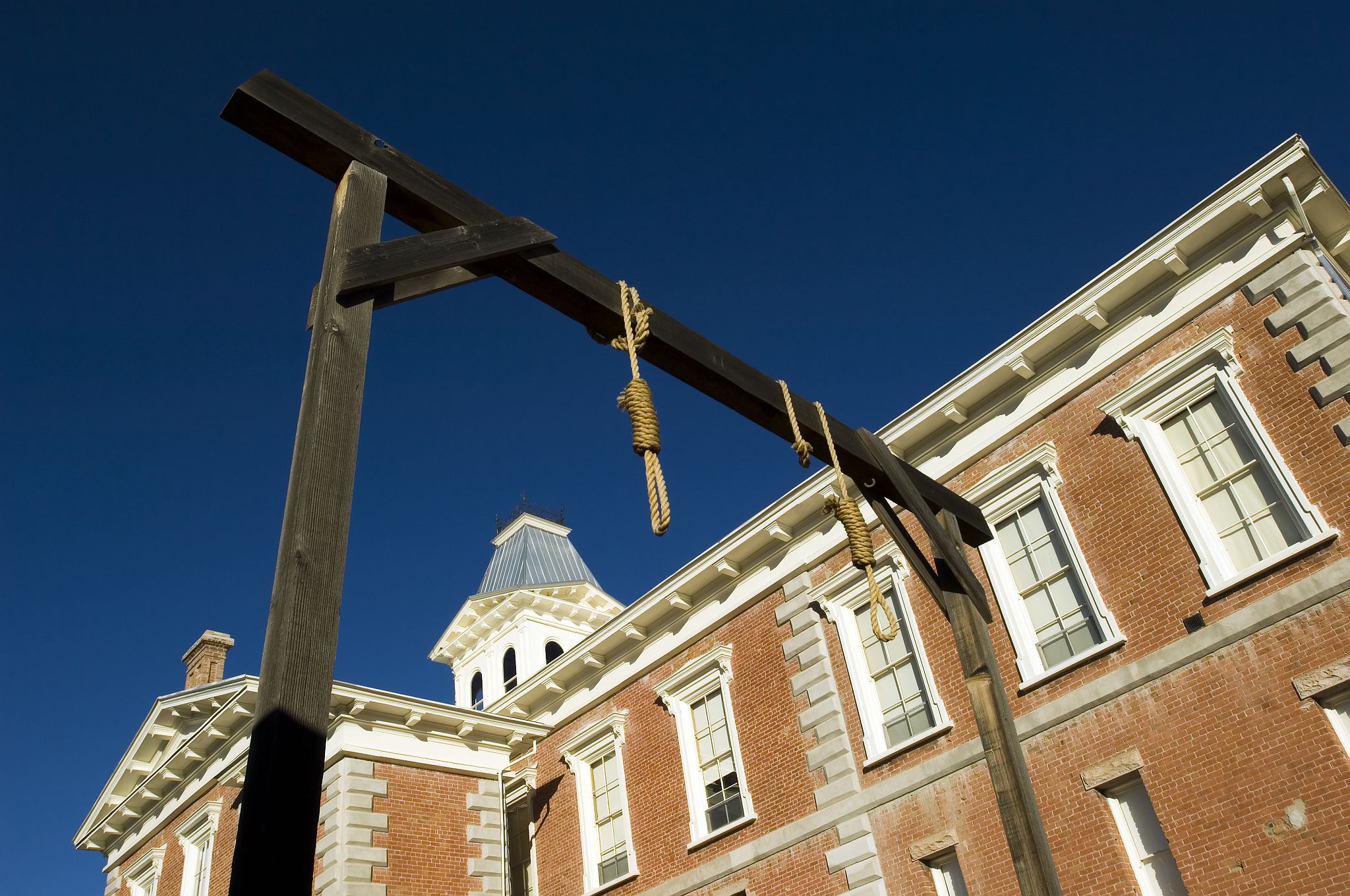
Church Teaching
“Punishment” has the primary aim of redressing the disorder introduced by the offense. In addition to defending public order and protecting people’s safety, it has a medicinal purpose: as far as possible, it must contribute to the correction of the guilty party.
Catechism of the Catholic Church
If non-lethal means are sufficient to defend and protect people’s safety from the aggressor, such means are more in keeping with the concrete conditions of the common good and more in conformity to the dignity of the human person.
Catechism of the Catholic Church
Today, in fact, as a consequence of the possibilities which the state has for effectively preventing crime, by rendering one who has committed an offense incapable of doing harm – without definitely taking away from him the possibility of redeeming himself – the cases in which the execution of the offender is an absolute necessity “are very rare, if not practically nonexistent.”
Catechism of the Catholic Church
Capital punishment violates the dignity of the human person, who is made in the image and likeness of God. Even those who do evil never shed their intrinsic dignity.
US Conference of Catholic Bishops
The commandment, ‘Thou shalt not kill,’ has absolute value, and concerns both the innocent and the guilty.
Pope Francis
The dignity of human life must never be taken away, even in the case of someone who has done great evil. Modern society has the means of protecting itself, without definitively denying criminals the chance to reform.
Pope John Paul II
